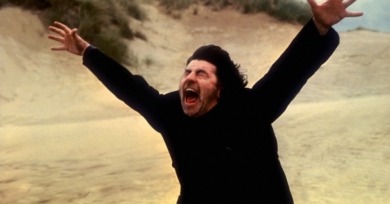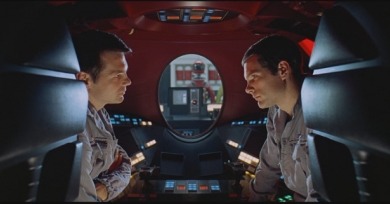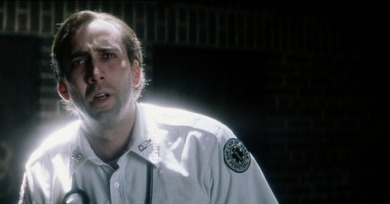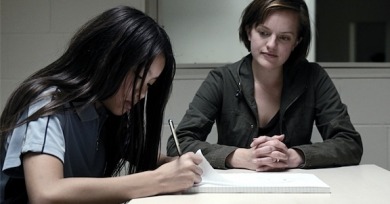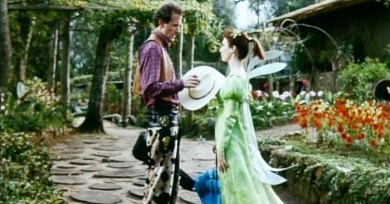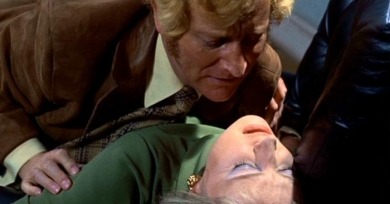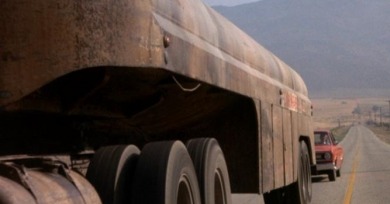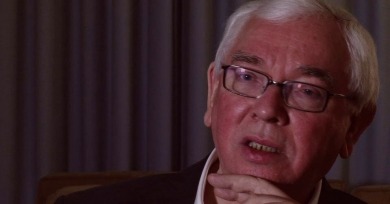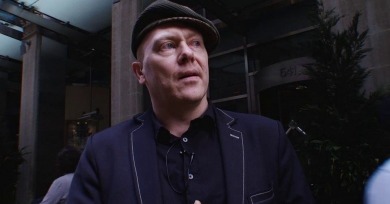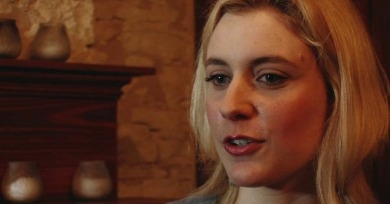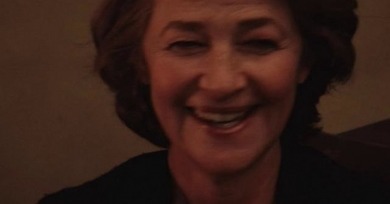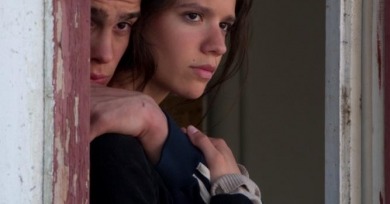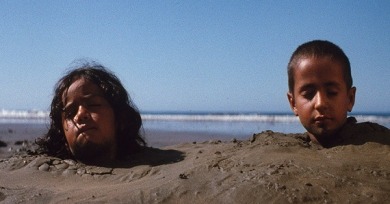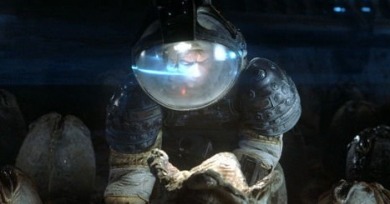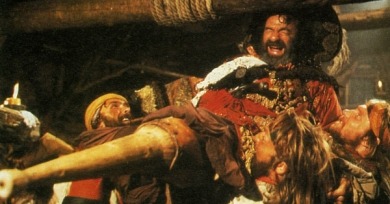Damon Smith
The Otherness it uncritically invokes touches on postcolonial realities and racial demonizing at a moment when England was embroiled in a thicket of social and economic problems and anti-immigrant violence. But its dark vision of the English soul as inherently corrupted and afflicted by madness was hardly a comforting takeaway.
Science, art, and the spiritual have been linked for centuries across pictorial traditions, but they achieve a unique synthesis in 2001: A Space Odyssey, an audaciously cerebral epic that, whenever seen or contemplated in its original 70mm format, never feels like anything less than a miracle of human imagination.
The film remains an outlier, ignored by programmers of two recent Scorsese retrospectives in New York and the public alike. Clearly, Bringing Out the Dead does not need to be rescued from oblivion; it needs to be resuscitated. Let's start by calling it a comedy.
Jane Campion’s seven-part series, which she developed with Gerard Lee and co-directed with Australian Garth Davis for BBC2 and the Sundance Channel, provides a limit case for disambiguating the presumed collapse of boundaries between television and cinema.
Paying tribute to the Euro modernism of the past century while forging new modes of storytelling in this one, Gomes (who still shoots on 16mm film) is a maverick, and his anything-goes approach is a pure pleasure to experience.
Mainstays of the Italian cinema scene since their high-school-age encounter with Rossellini’s Paisan inspired their first creative twitchings, sibling filmmakers Paolo and Vittorio Taviani, now in their eighties, are still plying their trade with admirable tenacity.
The color of the killer’s hair (and complexion) becomes a pigment Hitchcock uses to mold our subconscious feelings about this character’s essential otherness.
In the director’s pre-blockbuster innocence and naiveté, he sought grittier story material that might possibly reflect the way things are, like it or not, grounding his aesthetic in a mastery of technique before attempting to blow it out with a spectacle as full of heart and utopian longing as a galactic visitation calls for.
Marie Losier (The Ballad of Genesis and Lady Jaye) and host Eric Hynes visit the state Capitol in Austin, Texas to talk about portraiture, collage, and the glories of sonic disruption, which Genesis P-Orridge demonstrates across town with her legendary band Psychic TV.
The inimitable Terence Davies has an animated chat about time and memory, T.S. Eliot and Alec Guinness, the terror of being alive and the special magic of American musicals on the occasion of the U.S. release of his latest film, The Deep Blue Sea.
Icelandic comedian and current mayor of Reykjavik Jón Gnarr (Gnarr, now available on VOD) talks to host Eric Hynes (and a few random New Yorkers) about taking his job seriously, becoming a target rather than an assassin of derision, and why Rudy Giuliani was full of crap.
Actress Greta Gerwig talks to host Eric Hynes about making a career for herself, the necessary insecurities of art, and the perennial choice between playing chameleon or movie star.
Legendary actress Charlotte Rampling and director Angelina Maccarone sit down by the fire with host Eric Hynes to talk about the risks and revelations of big screen exposure in their unique documentary portrait, Charlotte Rampling: The Look.
Fabrice Gobert’s Lights Out, Antony Cordier’s Happy Few, Florin Serban’s If I Want to Whistle, I Whistle
Paz Fábrega’s The Cold Water of the Sea, Anahi Berner's It’s Your Fault, Carlos César Arbeláez's The Colors of the Mountain
Xavier Dolan's Heartbeats, Bernard Rose’s Mr. Nice, Duane Baughman and Johnny O’Hara's Bhutto
Todd Rohal and his Catechism Cataclysm stars, Robert Longstreet and Steve Little, hit the high seas with the Reverse Shot team.
Home entertainment systems are excellent, small-scale approximators of Dolby-equipped movie theaters, but in order to fully appreciate Alien, you really do have to see it on a towering screen and experience the uncanny sensation.
Host Eric Hynes and filmmaker Alma Har'el (of the singular doc-musical Bombay Beach) stroll past the skateboarders and bubble-blowers of New York's Central Park to discuss the spectacle of bodies in motion and documentary filmmaking as an act of creative collaboration.
Perhaps the gutter-level gags and inert humor of Pirates afford a truer picture of Polanski’s essential perversity than the auteurist literature—where the film usually merits little more than a passing reference—seems to suggest.
